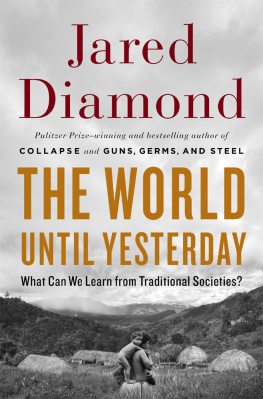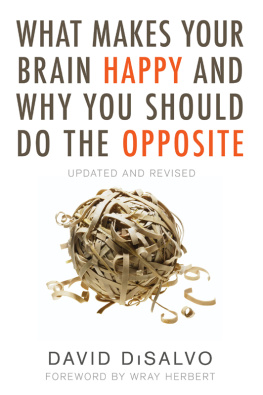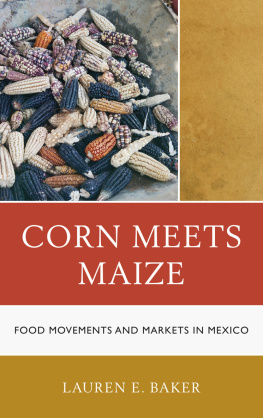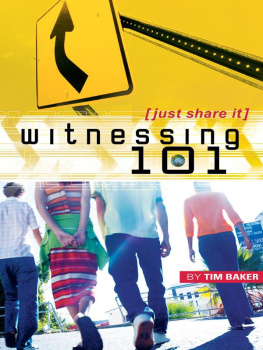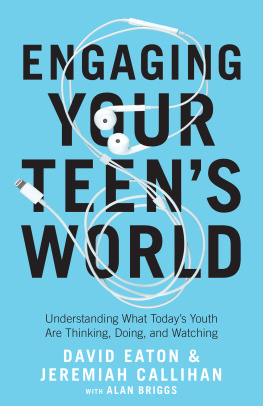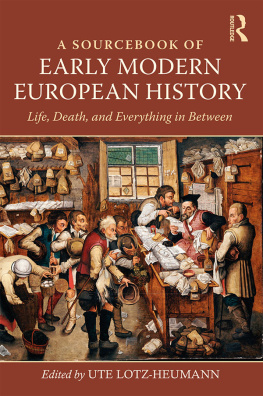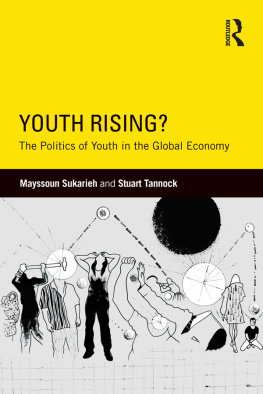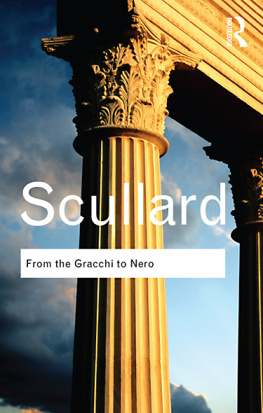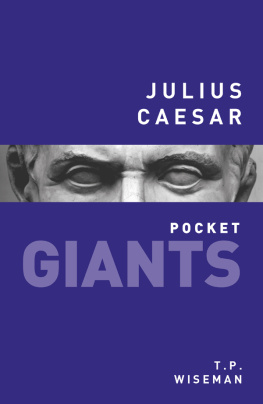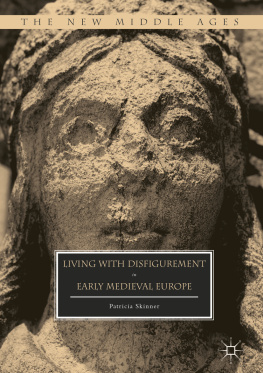Baker - Sawdust Caesar Omnibus Edition
Here you can read online Baker - Sawdust Caesar Omnibus Edition full text of the book (entire story) in english for free. Download pdf and epub, get meaning, cover and reviews about this ebook. year: 2015, genre: Art. Description of the work, (preface) as well as reviews are available. Best literature library LitArk.com created for fans of good reading and offers a wide selection of genres:
Romance novel
Science fiction
Adventure
Detective
Science
History
Home and family
Prose
Art
Politics
Computer
Non-fiction
Religion
Business
Children
Humor
Choose a favorite category and find really read worthwhile books. Enjoy immersion in the world of imagination, feel the emotions of the characters or learn something new for yourself, make an fascinating discovery.

Sawdust Caesar Omnibus Edition: summary, description and annotation
We offer to read an annotation, description, summary or preface (depends on what the author of the book "Sawdust Caesar Omnibus Edition" wrote himself). If you haven't found the necessary information about the book — write in the comments, we will try to find it.
Sawdust Caesar Omnibus Edition — read online for free the complete book (whole text) full work
Below is the text of the book, divided by pages. System saving the place of the last page read, allows you to conveniently read the book "Sawdust Caesar Omnibus Edition" online for free, without having to search again every time where you left off. Put a bookmark, and you can go to the page where you finished reading at any time.
Font size:
Interval:
Bookmark:
SAWDUST CAESAR
By
Howard Baker
Copyright 2015 Howard Baker
All rights reserved.
ISBN:
ISBN-13:
'These long-haired, mentally unstable, petty little
sawdust Caesars seem to find courage, like rats, by
hunting only in packs...'
Dr George Simpson, Margate Court Chairman,
May 1964
Who knoweth it exhaustless, self-sustained
Immortal, indestructible, - shall such
Say, "I have killed a man, or caused to kill"?
Bhagavadgita
With thanks to all those who gave me inspiration for the characters in this book |
PROLOGUE
When Marilyn Wisheart packed her shoulder bag that sunny June morning, placing her maths and French homework carefully apart from the sandwiches to avoid stray margarine soiling her work, she had no idea that later that day, at 4.35pm to be exact, she would be raped in front of twenty-seven males by someone who, up until that moment, she had only ever come face to face with in her wilder moments of teenage fantasy.
Not that sex was anything new to her at the tender age of seventeen - she had, according to school folklore, already miscarried, and was therefore branded a 'slag' - but whether she deserved to be treated in such a fashion by Kenser Donnelly, an ex-pupil of the school who sometimes came back to the metalwork rooms in the evenings to make parts for his motorbike, was open to frequent and often passionate discussion.
Kenser Donnelly, twenty-two years old and a motorbike freak, was not one of us. For a start, he was dirty; his greasy black hair was Elvis and his style was, well, Gene Vincent, Cochrane, Haley; a Fifties throwback. A degenerate escapee from The Wild Ones. His jeans were oily and torn, his leather jacket studded and scuffed, and around both wrists he sported studded-leather armbands as signals to the rest of the world that he wasn't to be taken lightly.
Worse, in every town and village from Scotland to the south-coast lived another Kenser, and every one of these Kensers had a gang, a small army of greasers, who ruled the roost unchallenged, like barbarians in a foreign land.
Where they came from, or why they existed, was a mystery - maybe being born during the years of war had something to do with it; perhaps the noise had damaged the sperm of their fathers, or warped the fragile eggs in their mother's ovaries - but who in their right mind would want to live like a beast, with sweat and grime, and stinking greasy hair, and rotting teeth, as the mark of their breed?
Like most of my generation, I hated and feared them, but we were still too young to do much about it.
The school itself was an experiment designed, as they put it, to allow kids the greatest chance to excel and prove themselves, by offering the most modern facilities and up-to-date methods of teaching available, but in fact it was little more than a vast and unpoliceable pile where the basest of teenage instincts were allowed to flourish without check, and as a pupil, you either sank or swam, as equality and opportunity didn't count. From the start, those of us that formed the rebellious hardcore realised that it was the same old turkey in a different cage and we reacted by dismissing this trendy and patronising concept of education from our minds.
But I mention the rape of Marilyn Wisheart purely because the events that grim afternoon reinforced in a big way a strange and uncontrollable mood that was growing in my seventeen-year-old mind; a mind already influenced by aggressive war-battered parents, poverty, street violence, endless social double-standards, and my own ideas of reality which seemed at odds with everything my elders believed; few were those that I trusted and, like thousands of other kids waiting on the sidelines, I was ready to smash my way out of the mould that had for too long shaped the destruction of our own predecessors.
The accepted view is of course that the events which occurred during the Sixties were little other than hooliganism and civil unrest - the 'steadily growing indiscipline of the young' - 'a deliberately cultivated form of modern wickedness' according to the Chairman of Hastings Magistrates.
But for once perhaps it might be worth considering them through the eyes of a teenage male, a young man who actually took part in this social revolution - for that's what it was - instead of through the eyes of those entirely unqualified to do the job. For many and varied reasons, history has a habit of pouring from the wrong mouths, and as the past also has an undeniable habit of shaping the future, where possible those that pronounce on it should be those that have valid experience.
Everything you read about here is true, and many of you will recognise the various incidents, aspects and anecdotes as they arise, but for reasons that will become obvious I have taken the liberty of disguising most of the characters, times and places to avoid any comeback to myself or any other person who may or may not have been involved.
This is therefore, an entirely false yet very real account of one young Mods journey through the Sixties and his coming of age en route to India described in the sequel to Sawdust Caesar, Enlightenment and the Death of Michael Mouse.
ONE
AN ENEMY OF SOCIETY
Across the roundabout, on the other side of the road from the school, Kenser Donnelly lounged on his old BSA motorbike. He listened to the pips as they sounded for the end of the day, and the uproar that went with it as two thousand kids scraped their chairs across the floor and rushed for the doors and home. Two thousand kids that is, less six of us who were waiting behind for Marilyn Wisheart who had discreetly let it be known that she was up for a bit of harmless molestation after school.
There were girls who liked to be waited for, and girls who didn't, and those that did came down to the cloakrooms in the basement where the older boys gathered, and Marilyn Wisheart was a frequent visitor, as was Jane Royce, and Sandra Veness, and Monica Fisher, and Christine Sharp, and Pam Drysdale... but the list goes on. And in the main it was all very innocent. Sometimes, if they were up for it a bra might come off, or MacDonald - a strange kid with a hearing aid and a long thin knob - would masturbate (which the girls liked watching, incidentally, despite their weak protests). But until this day, without a single exception, these liaisons were little other than innocent attempts to come to terms with mounting adolescent sexual frustration.
Dinger, a close friend from the same estate, the youngest of a family of market traders, was dancing about between the coat racks singing a ska sound we'd heard in La Discotheque in Soho where we went every weekend:
'Madness, madness, they call it madness...
Madness, madness, they call it madness... '
Anyone would have thought he was black the way he was dancing; shifting about, bobbing up and down, swishing his long red suede coat from side to side. But Duffy, who wasn't one of our team, had just lit a Consulate and was scared he might attract attention with the noise, and said so.
Dinger stopped dancing and stared at him. 'Fuck off Duffy. If I want to sing, I'll fucking sing, all right? If you don't like it, fuck off.' He liked to fight, which was one of the few things he could do well; as far as education was concerned, he was a complete no-hoper, failing all his exams year after year. Everybody passed something at some stage, but not Dinger. Now, in this last year, the school would be glad to see the back of him. He carried on singing:
'Madness, madness, they call it madness...
Madness, madness, they call it madness...
I'm about to explain, that someone is using his brain...
Madness, madness, they call it sadness... '
Mac was dark - not black, but dark - and he was really deep-down unhappy about it, convinced by years of taunting as a kid that he was impure, but could he pull the birds or what? Everywhere we went he pulled. In fact he was a bit of a let-down on that score because he would rather pull a bird than get up to a bit of roguery, given the choice, but he was a sound mate and knew how to dress, getting stacks of money from his mum to keep his wardrobe full of nice gear like hand-made shoes, mohair suits, tab-collar shirts, coloured leather jackets and long suede coats.
Next pageFont size:
Interval:
Bookmark:
Similar books «Sawdust Caesar Omnibus Edition»
Look at similar books to Sawdust Caesar Omnibus Edition. We have selected literature similar in name and meaning in the hope of providing readers with more options to find new, interesting, not yet read works.
Discussion, reviews of the book Sawdust Caesar Omnibus Edition and just readers' own opinions. Leave your comments, write what you think about the work, its meaning or the main characters. Specify what exactly you liked and what you didn't like, and why you think so.

